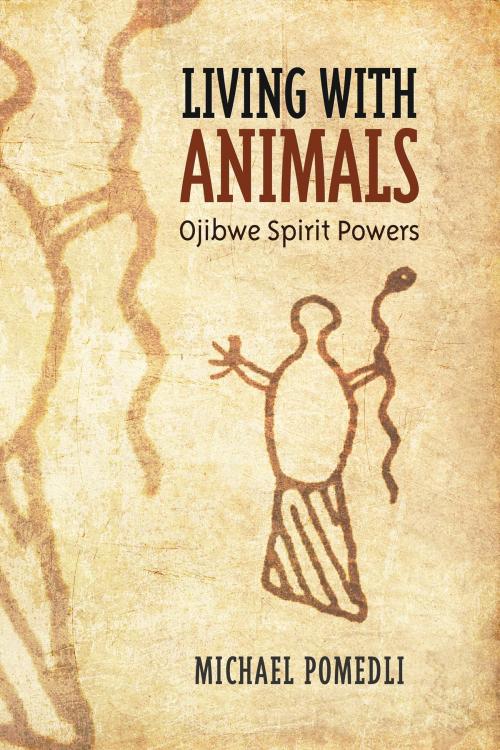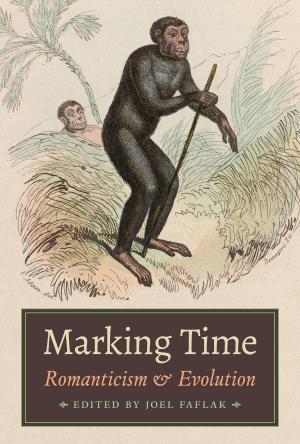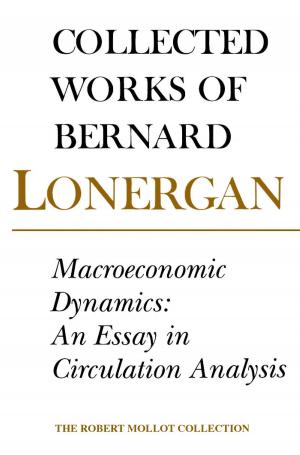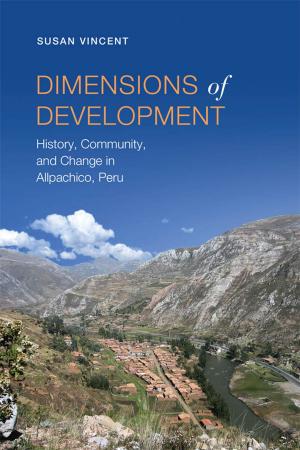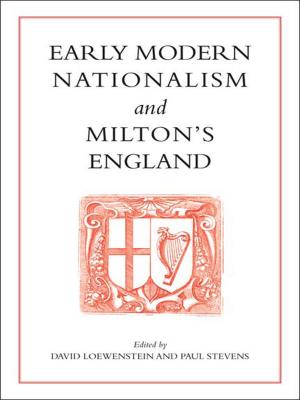Living with Animals
Ojibwe Spirit Powers
Nonfiction, History, Americas, North America, Social & Cultural Studies, Social Science, Cultural Studies, Native American Studies, Native American| Author: | Michael Pomedli | ISBN: | 9781442667051 |
| Publisher: | University of Toronto Press, Scholarly Publishing Division | Publication: | February 24, 2014 |
| Imprint: | Language: | English |
| Author: | Michael Pomedli |
| ISBN: | 9781442667051 |
| Publisher: | University of Toronto Press, Scholarly Publishing Division |
| Publication: | February 24, 2014 |
| Imprint: | |
| Language: | English |
Within nineteenth-century Ojibwe/Chippewa medicine societies, and in communities at large, animals are realities and symbols that demonstrate cultural principles of North American Ojibwe nations. Living with Animals presents over 100 images from oral and written sources – including birch bark scrolls, rock art, stories, games, and dreams – in which animals appear as kindred beings, spirit powers, healers, and protectors.
Michael Pomedli shows that the principles at play in these sources are not merely evidence of cultural values, but also unique standards brought to treaty signings by Ojibwe leaders. In addition, these principles are norms against which North American treaty interpretations should be reframed. The author provides an important foundation for ongoing treaty negotiations, and for what contemporary Ojibwe cultural figures corroborate as ways of leading a good, integrated life.
Within nineteenth-century Ojibwe/Chippewa medicine societies, and in communities at large, animals are realities and symbols that demonstrate cultural principles of North American Ojibwe nations. Living with Animals presents over 100 images from oral and written sources – including birch bark scrolls, rock art, stories, games, and dreams – in which animals appear as kindred beings, spirit powers, healers, and protectors.
Michael Pomedli shows that the principles at play in these sources are not merely evidence of cultural values, but also unique standards brought to treaty signings by Ojibwe leaders. In addition, these principles are norms against which North American treaty interpretations should be reframed. The author provides an important foundation for ongoing treaty negotiations, and for what contemporary Ojibwe cultural figures corroborate as ways of leading a good, integrated life.
